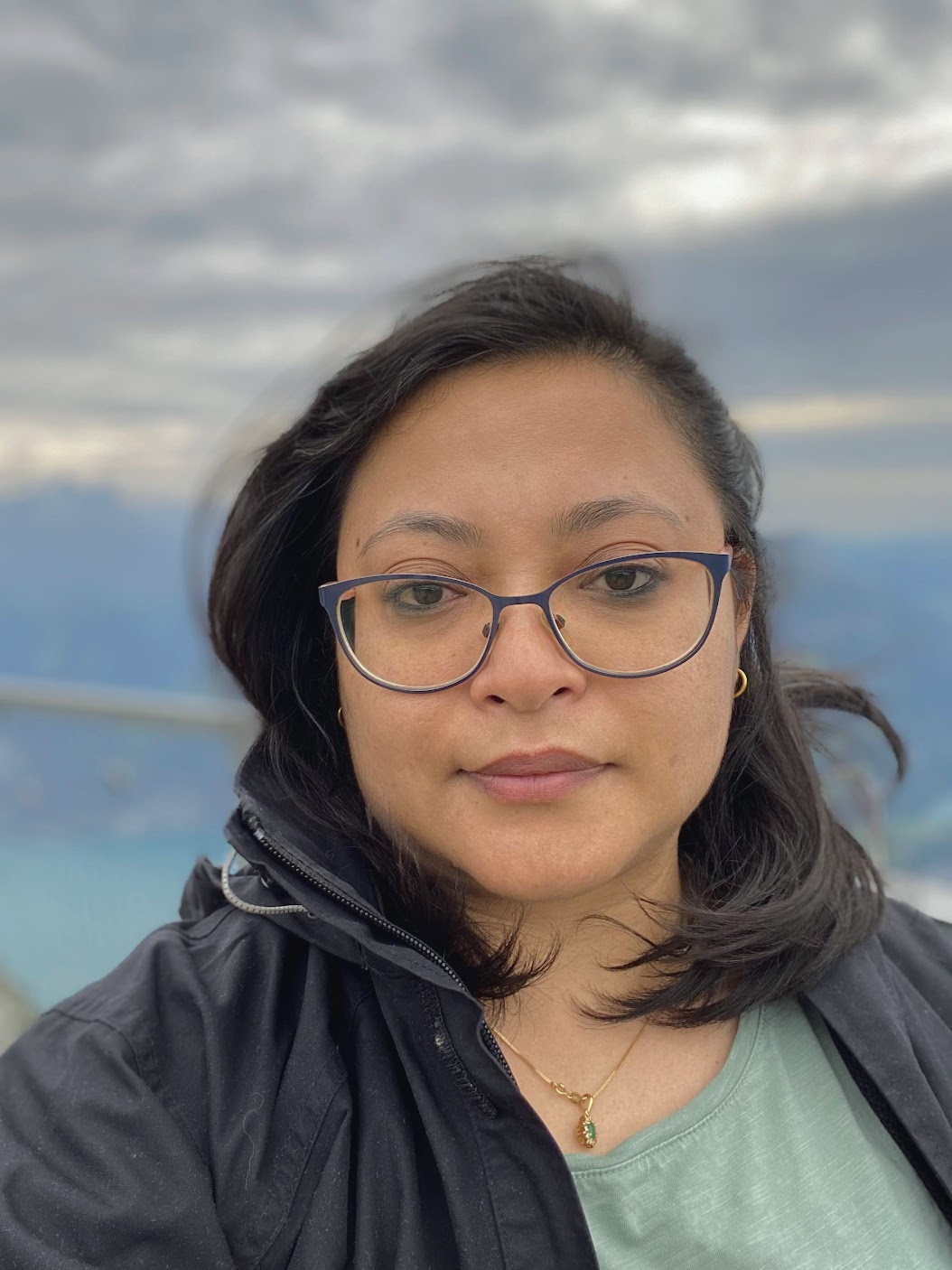Opinion
No easy way out
We cannot be ‘doing feminism’ without addressing questions of racism and heterosexism within the citizenship debate
Kumud Rana
This comes from a CPN-UML leader during an interview conducted as part of a research on the citizenship debate in 2012 right after the dissolution of the first Constituent Assembly (CA). The quote does two things. First, it summarises the direction the debate has often been forced to take. Women political leaders within the first CA were constantly under pressure to prove their mettle as lawmakers by giving more importance to ‘national issues’ like state sovereignty and security as opposed to ‘lesser concerns’ of gender equality like in the case of equal citizenship rights for women.
The second thing the quote does is to show that women’s views are coloured not just by their experiences of discrimination and humiliation but are also influenced by other identities and allegiances they hold. Women were fighting a battle against patriarchal structures that treated them as second-class citizens. But they were also entangled in their own prejudices against a broad group of people they had so far ignored—the Madhesi women, and in this case, Madhesi women born across the border but married into Nepal. It did not matter that these women had spent most of their lives here—they were and could never be Nepali. No one thought to ask whether the men accused of being the stalwarts of patriarchy—who did not even think Nepali women were equal citizens—were deserving of full citizenship. Had Madhesi women leaders been convinced that the campaign for equal citizenship rights led by Pahade women would also take into account the vulnerabilities likely to be faced by many foreign wives, if not accorded adequate rights, the debate might have taken a different turn. It also did not help that Madhesi women refused to problematise the oppressive socio-cultural structures that afflicted their society.
Centrality of motherhood
Now, Madhesi women appear to be united with Pahade women for the cause of ensuring gender equality in citizenship provisions. The movement, however, has specifically been driven as the campaign for ‘citizenship through the mother’s name’. Undoubtedly, this is a real issue affecting the lives of many mothers and the futures of their children. The campaign’s focus on mothers is a result of the struggles of single mothers and mothers with foreign spouses who have been forging this movement since years before it was pushed to the fore in the recent constitution-writing process.
The powerful rhetoric of motherhood is appealing to many. Nepalis instinctively understand that a woman is to be worshipped as a mother, or as a virgin goddess—both asexual beings to be put up on a pedestal. The second is but a transient status but with the first, one demands unending sacrifices for the children, family and the nation. It is no wonder then that when talking of the rights of a rational citizen with the right to have rights, the emotionally fraught—-and hence irrational—mothers having the audacity to demand any rights have been repeatedly dismissed by political leaders and treated with mild interest by those outside the movement. How effective, then, has this strategy been? But more importantly, how inclusive has it been? Has it really been adopting a gender lens or a feminist perspective to debates over what it means to be a Nepali citizen?
For whom, exactly?
A feminist perspective would have questioned the tendency to define women’s lives largely through their roles as mothers and wives. Is citizenship primarily about a woman’s right to a family life in the country she chooses to live in, or is it more than that? From the way the campaign has been framed, it is clear that the demands are mainly about the rights of children and foreign spouses while being indirectly, albeit importantly, a part of women’s rights. But how far does this focus on ‘mothers’—which recentralises women’s roles within families—go in terms of feminist emancipation and gender equality? Why can’t women be independent beings who do not need to be tagged as mothers, sisters, daughters in order to justify their lives as equal human beings? Feminists should be well aware that anything that applauds womanhood of a certain type ought to be met with suspicion because it tells us one has to be a particular kind of a woman to deserve equal credibility and respect.
Feminists also ought to keep in mind that we can’t be ‘doing feminism’ without addressing intersectional issues of racism and heterosexism that have come up within the citizenship debate. This is made clearer when we ask who the campaign is for—a woman who is heterosexual, and who is/wants to be a mother? And what the resistance is for—for keeping out foreigners? For ensuring equal rights for mothers? Or for ensuring gender equality in citizenship provisions?
No equality without inclusion
It might seem unfair to ask women to dilute their resistance by seeking solidarity from yet more groups. But women like anyone else hold multiple identities and allegiances. The risk of trying to forge a single unified interest is that the agenda is likely to be overshadowed by a dominant minority. Besides, issues of ethnicity, class and gender (including sexual minorities) cannot be dealt with separately from each other in any debate of political significance in Nepal, and certainly not from feminist debates. Just as women are being asked to put the nation first, foreign spouses are being asked to put Nepali women first, and sexual minorities are being asked to put women first. It might complicate matters to include foreign spouses in this hierarchy. But women, and especially married Nepali women passed from one family to the next, should understand the transient nature of identity, the fluid adaptability of loyalties, and the futile rumination over which culture and values are more superior between the two families, and hence closer to the truth of our being.
As Nepal gears to rebuild itself, both literally and figuratively, do we choose to rebuild the old structures because they are part of what someone has designated as our identity; or do we choose to dismantle those structures that are holding us back and build new ones in their place? Because equality can certainly not exist without inclusion, and justice cannot be ensured without equality and inclusion. In a place where gender-blindness afflicts even those educated young men dishing out political analysis everyday, there is no way but for feminists to be a step ahead of society in the type of discourses we want to create. The first step might be to acknowledge our own biases and give more space to honest dialogue, which allows us to unlearn certain things so that something new can be learnt.
Rana wrote her dissertation on the citizenship debate in 2012 as part of her MA in Development Studies from the International Institute of Social Studies, the Hague




 12.62°C Kathmandu
12.62°C Kathmandu










